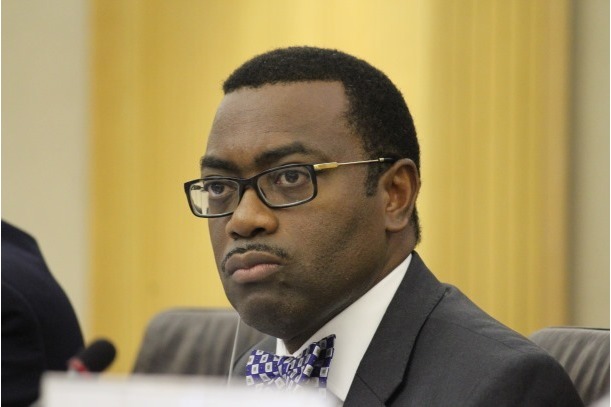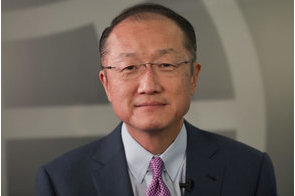Sub-Saharan Africa receives $7.3 billion in climate funding

Summary
The AfDB mobilised $963 million funding for renewable energy in Africa in 2015.
The world’s six largest multilateral development banks (MDBs) – the African Development Bank (AfDB), Asian Development Bank (ADB), the European Bank for Reconstruction and Development (EBRD), the European Investment Bank (EIB), the Inter-American Development Bank Group (IDBG), and the World Bank Group (WBG) – mobilized a total of $81 billion in climate finance in 2015, out of which sub-Saharan African countries received $7.29 billion (or 9 percent) of the total funding.
According to a new report, 2015 Joint Report on Multilateral Development Banks’ Climate Finance, this amount include $25 billion of the MDBs’ direct climate finance, and $56 billion mobilised from other investors. The latest climate funding statistics were prepared by the Asian Development Bank in conjunction with the other MDBs.
The report shows that the MDBs delivered over $20 billion funding for mitigation activities and $5 billion for adaptation, according to a statement released by the AfDB on Tuesday.
Among the regions, non-European Union (EU) Europe and Central Asia received the largest share of the total funding at 20 percent, with the South Asia receiving 19 percent; Latin America and the Caribbean 15 percent; East Asia and the Pacific 14 percent; the EU 13 percent; Sub-Saharan Africa 9 percent; and the Middle East and North Africa 9 percent. Multi-regional commitments made up the other 2 percent of the total.
AfDB said it provided $905 million of its own resources in 2015, backed by $58 million in external resources to improve sub-Saharan Africa’s energy resources.
“At AfDB, we believe that Africa stands at the threshold of an exponential shift in clean energy access, and that over the coming decades African citizens can benefit from a widespread increase in climate-friendly energy use and green development," said Alex Rugamba, Chair of the Bank’s Climate Change Coordination Committee (CCCC). "We have set ambitious goals for our institution to help ensure this happens, supporting innovative projects in solar, wind, geothermal, and water.”
The bank also provided $305 million of its own resources, in addition to $91 million in external funding, to support adaptation efforts and increase the resilience of African countries against climate impacts, particularly in the forestry, agriculture and land use sectors.
“As countries work to align their development goals with their pledged NDCs (Nationally Determined Contributions) in the Paris Agreement, we believe this focus on strengthened capacity is an early signal of commitment to meet these goals. Going forward, this could be an important new area of engagement,” Rugamba said.
AfDB said it is continuously looking for concrete ways to catalyze private sector engagement such as through equity financing, partial risk guarantees, and climate risk insurance.
On a sectoral basis, the largest recipient of adaptation funding was for water and wastewater systems (27 percent), followed by energy, transport and related infrastructure (24 percent), and crop and food production (18 percent). Renewable energy received the bulk of mitigation finance (30 percent), lower-carbon transport received 26 percent, and energy efficiency activities 14 percent.
Moving forward, the report notes that the MDBs will scale up climate finance activities across multiple sectors, particularly in renewable energy and energy efficiency; low-carbon and climate-resilient cities, regions and industries; low-carbon transport; natural resource efficiency; and climate-smart agriculture and food security. These efforts will help countries meet their commitments under the Paris Agreement, moving to a low-carbon, more resilient future.
The latest report includes a common tracking approach for climate co-financing to make the reporting of climate finance flows more robust and transparent.
The AfDB said the world's multilateral banks made pledges to increase commitments to climate finance in the run up to the COP21 Paris Agreement, the world’s first universal climate accord adopted in December last year by 195 countries.
Related
-
Tinubu's climate governance approach needs course correction
President Tinubu's overly centralised climate governance structure constitutes a serious disruption to the ...
-
Nigeria's climate progress after COP28
Access Bank, as a key player in the financial sector, has been playing a key role in supporting Nigeria's climate finance ...
-
World Bank launches Climate Innovation Centre in Ghana
The technology hub will help over 100 climate entrepreneurs develop and commercialize innovative solutions to climate ...







